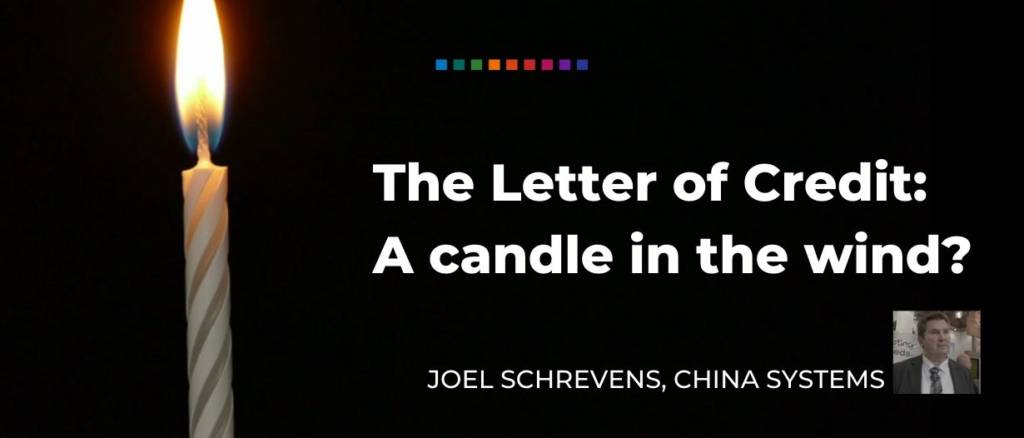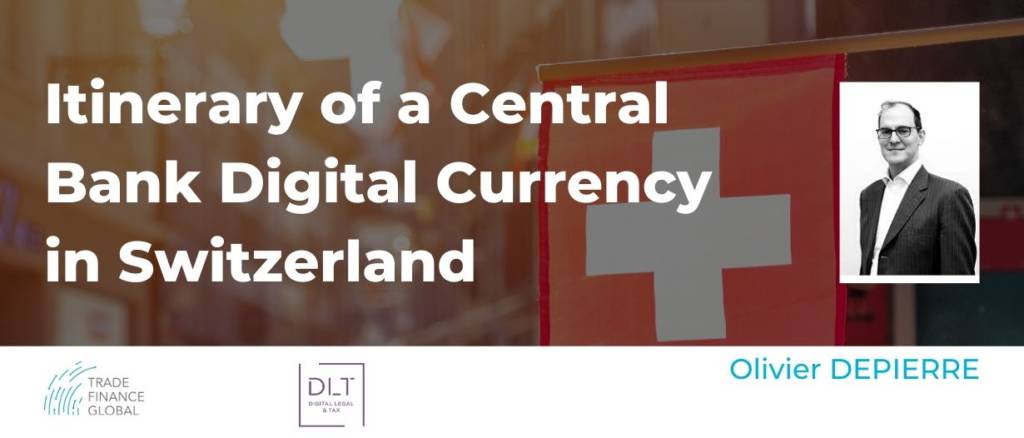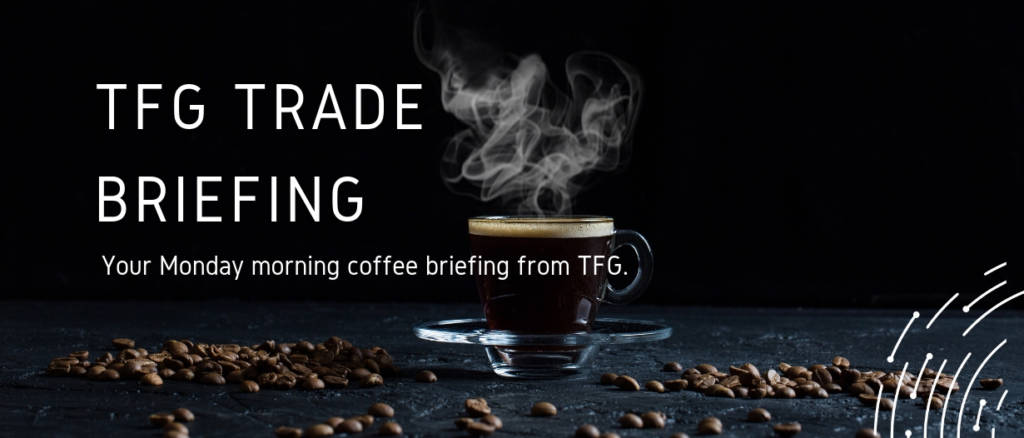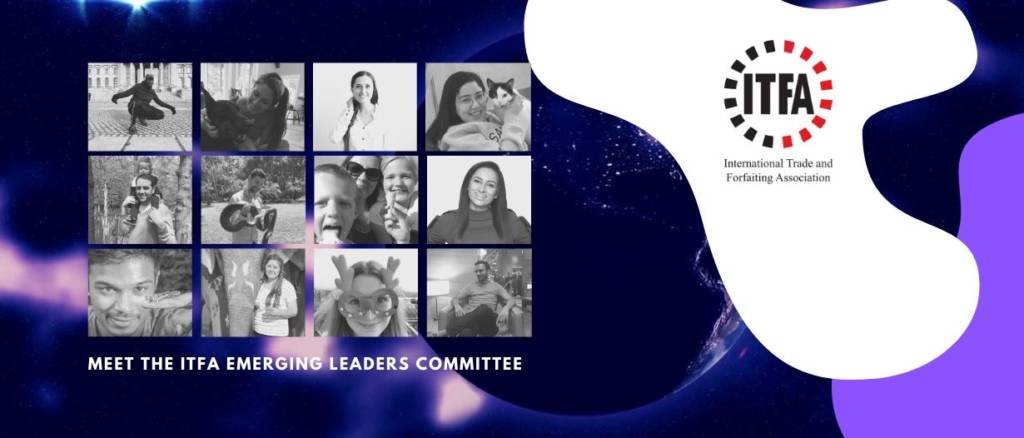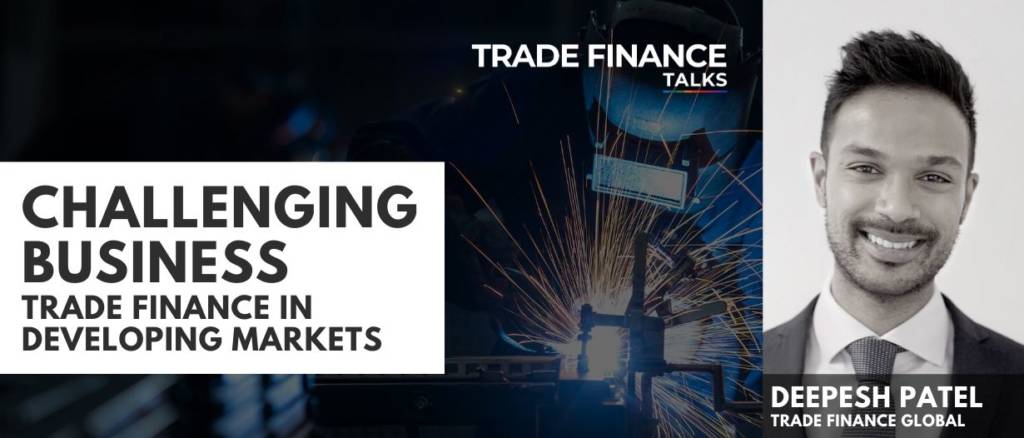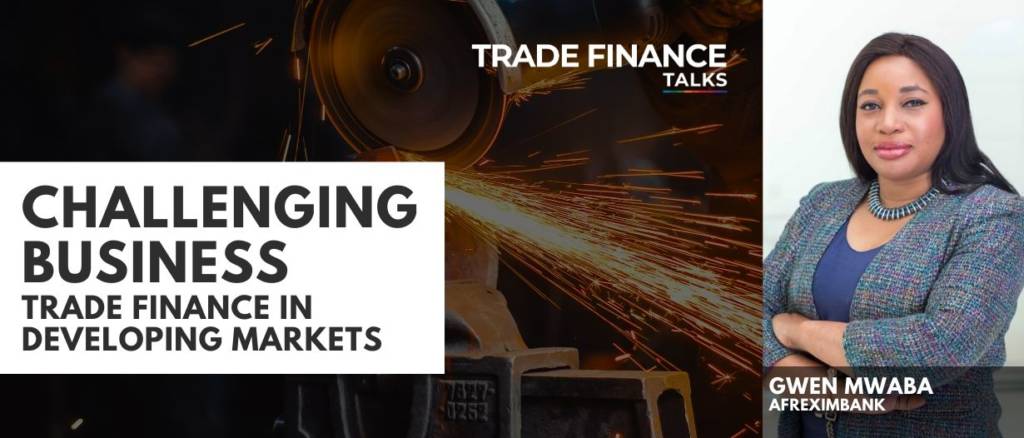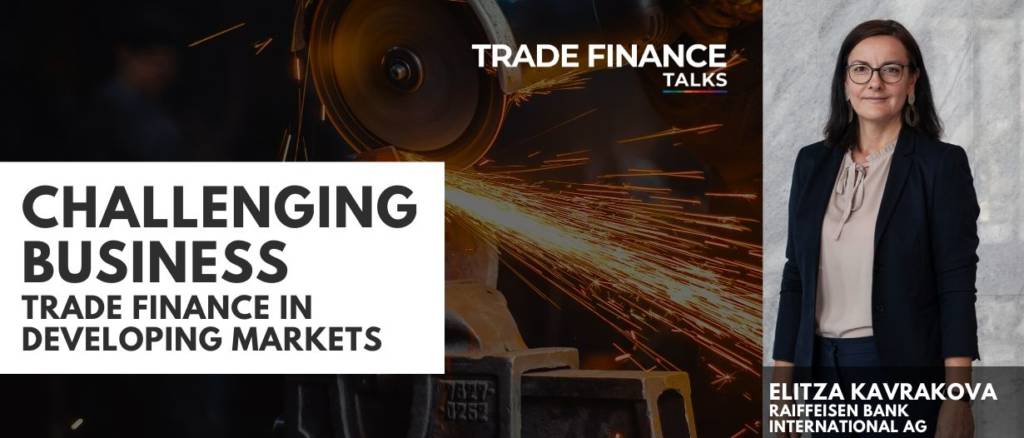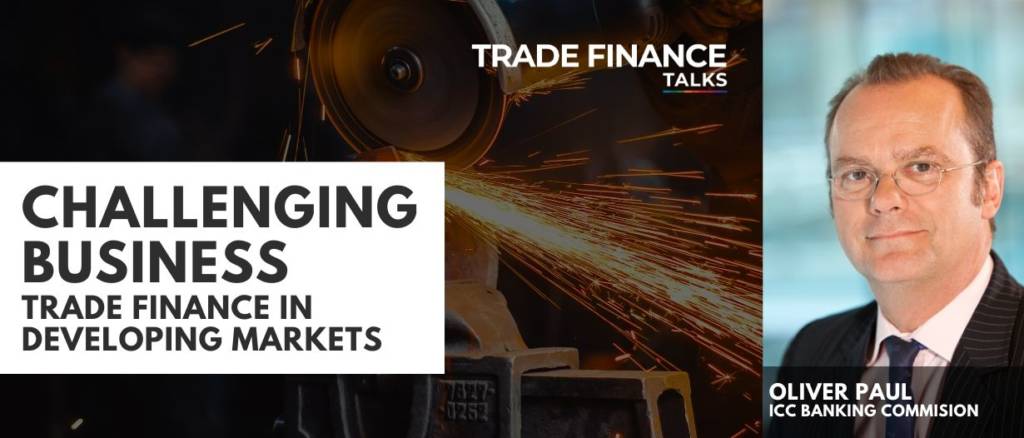TFG heard from Joel Schrevens, China Systems, shedding light on trade data. Is SWIFT MT7xx or ISO20022 the right way forward? Why didn’t the BPO take off?
TFG heard from crpyto expert Oliviere Depiere on the future of money in its cryptographic and legal dimension fully backed by the State, that is, in the present case, by the Swiss National Bank.
The coronavirus outbreak has impacted financial markets, with governments responding through monetary easing, & further quarantines. 7th March 2020
The ITFA Emerging Leaders initiative is the corollary of the industry’s understanding of how important it is to portray trade finance as an exciting, vibrant and dynamic essential component of the financial services sector.
Your Monday morning coffee briefing from TFG. Coronavirus continues to ruffle politics all around the world. 2nd March 2020
TFG has released its latest issue of Trade Finance Talks entitled ‘Challenging Business: Trade Finance in Developing Markets.
For Africa, the trade finance gap has been estimated at USD 110-120 billion. TFG spoke to Afreximbank on the challenges/ opps that lie ahead.
TFG spoke to Elitza Kavrakova, Head of Institutional Clients East, and Martina Zimmerl at Raiffeisen Bank International on trade finance in CEE
Since 2000, global trade flows have trebled to US$18.5 trillion. Yet many challenges to the adoption of trade finance products remain.
TFG heard from Director of SMEunited, Luc Hendrickx on how to make international trade fit for MSMEs, and how WTO can help















